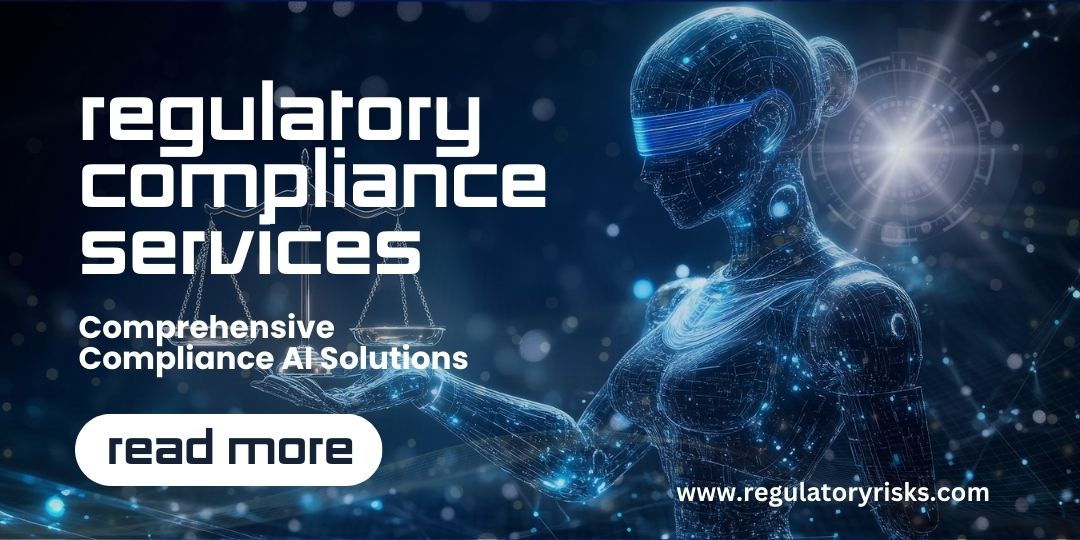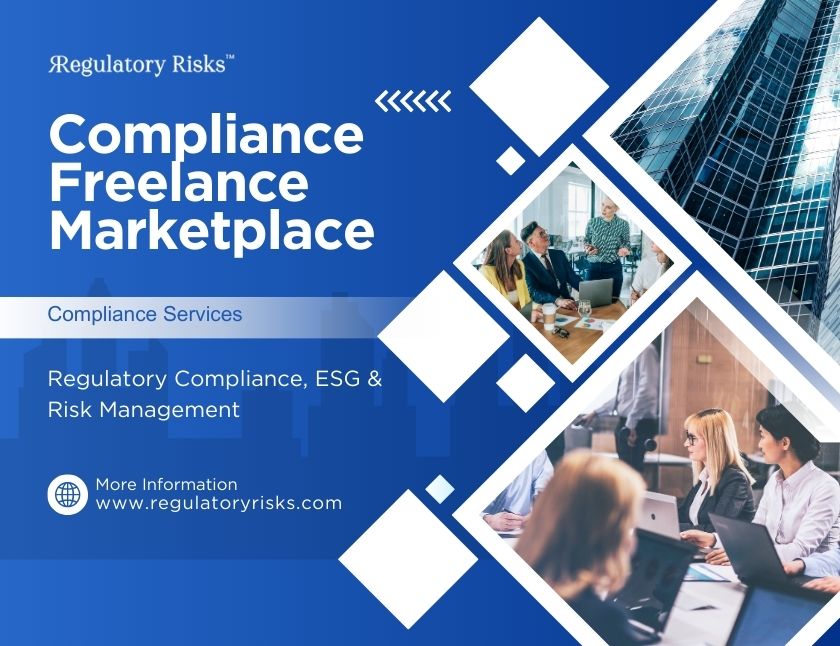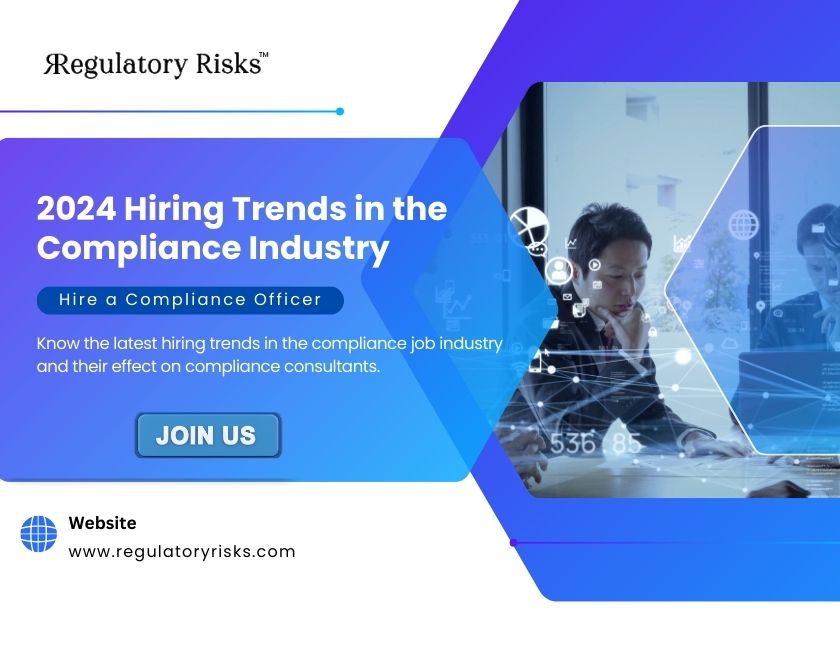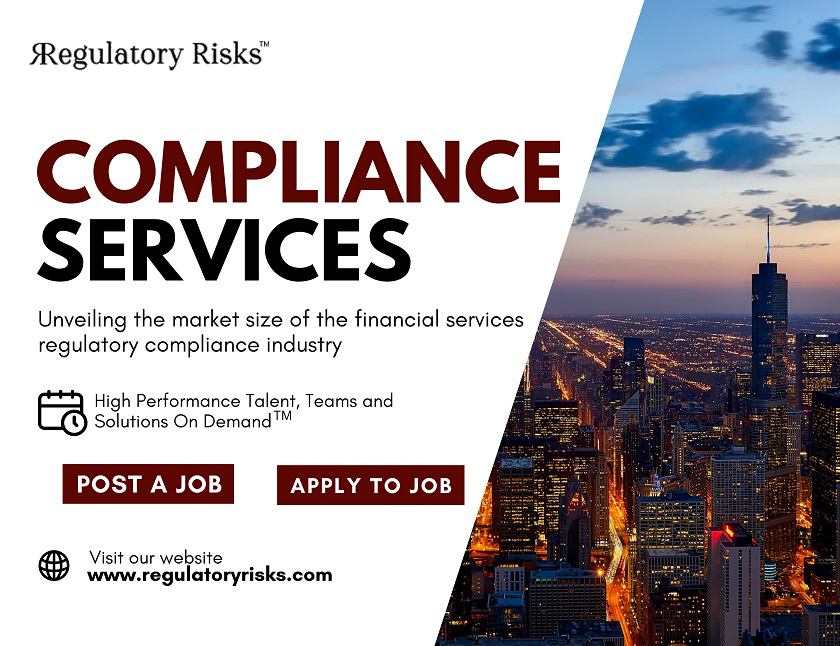In the rapidly evolving landscape of financial services, particularly within sectors like asset management, cryptocurrency, digital assets, and technology platforms, the integration of artificial intelligence (AI) is revolutionizing operational methodologies. This transformative shift is driven by AI's potential to enhance efficiency and provide innovative solutions. However, the adoption of AI also brings forth a complex set of regulatory requirements that businesses must navigate to avoid compliance risk. For cross-border small and medium-sized enterprises (SMEs) and senior executives, understanding these evolving regulatory frameworks and mitigating compliance risks are paramount. This article explores the primary compliance issues related to AI and offers practical strategies for SMEs and consultants, emphasizing the importance of regulatory compliance solutions in navigating this dynamic landscape.
Regulatory Compliance in the AI Era: Managing the Challenges
As AI technologies become increasingly embedded in financial services, companies face heightened scrutiny from regulators concerned about transparency, bias, and accountability. AI applications in compliance management, automated decision-making, and predictive analytics have significantly changed business operations. However, these advancements also introduce new risks and compliance activities, such as algorithmic bias, data privacy breaches, and the challenges of explaining AI-driven decisions to regulatory bodies.
To address these compliance issues, organizations must adopt comprehensive compliance management strategies that ensure adherence to legal and ethical standards. The complexity of AI regulation requires specialized expertise, highlighting the need for regulatory compliance consultancy. Engaging with regulatory compliance experts allows firms to navigate the complexities of AI governance and align with international regulations, ensuring that compliance tasks are effectively managed.
Key Compliance Issues Arising from AI Implementation
Algorithmic Bias and Discrimination
AI models can unintentionally perpetuate biases present in training data, resulting in discriminatory outcomes in areas such as credit scoring, investment decisions, and customer risk assessments. This is particularly concerning for financial services, where fairness and non-discrimination are crucial regulatory obligations. Regulators are increasingly focusing on these potential compliance issues, demanding that companies demonstrate fairness in their algorithms and comply with regulatory compliance requirements.
Transparency and Explainability
One of the most significant compliance challenges with AI is the "black box" problem, where the decision-making processes of AI algorithms are opaque and difficult to interpret. Regulators require businesses to provide clear, explainable AI outcomes, especially in areas like anti-money laundering (AML) and fraud detection. Failure to provide transparency can lead to regulatory compliance processes being deemed inadequate, resulting in fines and reputational damage.
Data Privacy and Protection
The use of AI heavily relies on large datasets, which often include sensitive or personally identifiable information. Data privacy laws, such as the GDPR in Europe and the CCPA in California, impose stringent requirements on how data is collected, stored, and processed. Businesses must ensure their AI applications comply with these regulations while balancing the need for data to improve AI models. This is a significant challenge in maintaining regulatory compliance and requires careful oversight.
Ethical Governance and Accountability
Regulators are increasingly demanding that businesses establish robust governance frameworks around AI use, including ethical review boards and human oversight for high-risk AI decisions. Ensuring accountability throughout the AI lifecycle is essential for companies to meet evolving regulatory requirements. Firms that fail to implement these frameworks risk non-compliance and may face penalties.
Strategies for Mitigating AI Compliance Risks
To mitigate the risks associated with AI, businesses should integrate compliance strategies into their AI development and deployment processes. Here are some practical strategies:
Adopt a Risk-Based Approach
Not all AI use cases carry the same level of compliance risk. Companies should conduct thorough risk assessments to determine which AI systems are most likely to attract regulatory scrutiny. By focusing on high-risk areas, businesses can allocate resources effectively and ensure their critical operations are fully compliant with complex regulatory demands.
Implement AI Audits and Testing
Regular audits and stress testing of AI systems can help identify potential compliance gaps before they become regulatory problems. This includes testing for algorithmic bias, verifying data protection measures, and assessing the explainability of AI models. Engaging regulatory compliance experts for these audits provides valuable external perspectives and ensures comprehensive assessments.
Invest in Advanced Compliance Management Solutions
Advanced AI-powered compliance management solutions can help businesses automate the compliance process, including monitoring and reporting. These tools can analyze vast amounts of data, flag potential issues, and generate real-time reports, reducing the burden on compliance teams and enhancing overall efficiency. However, companies must ensure these solutions for regulatory compliance meet all regulatory standards.
Engage Regulatory Compliance Consultants
Given the complexity of AI regulations, businesses should consider partnering with regulatory compliance consultancy firms or hiring dedicated consultants with expertise in both AI and regulatory compliance. These consultants can guide businesses through the intricacies of emerging regulations, develop robust compliance frameworks, and provide ongoing support as the regulatory landscape evolves.
Leveraging Freelance Marketplaces for Compliance Expertise
For SMEs, hiring full-time compliance officers or developing internal expertise can be prohibitively expensive and inefficient. In this context, freelance marketplaces offer considerable value by enabling companies to engage compliance experts on an as-needed basis. This approach allows businesses to obtain high-quality advice and support without incurring the ongoing costs associated with permanent staff.
Freelance consultants bring specialized knowledge and extensive experience across various industries, making them well-suited for addressing niche compliance issues, such as those related to AI. Moreover, the flexibility provided by freelance arrangements allows businesses to scale their compliance efforts according to their needs, thus maintaining agility within an ever-changing regulatory landscape.
Platforms dedicated to freelance compliance roles provide access to a global talent pool, empowering businesses to find consultants who possess expertise in AI and compliance and understand the specific regulations of diverse jurisdictions. For regulated businesses operating across borders, this global perspective is invaluable.
Emerging Trends in AI Regulation
The regulatory environment surrounding AI is still in flux, with significant changes expected over the coming years. Some notable trends include:
The Rise of Ethical AI Regulations
Governments and regulatory bodies are increasingly emphasizing ethical AI, focusing on fairness, transparency, and accountability. The European Union’s AI Act, for instance, sets stringent requirements for high-risk AI applications, with severe penalties for non-compliance. Businesses must stay informed about regulatory updates and adapt their compliance strategies accordingly.
Global Alignment of AI Standards
Efforts are underway to create harmonized global standards for AI, similar to those seen in data protection with the GDPR. While this may simplify compliance for cross-border businesses in the long run, it also means that companies must stay ahead of these developments to avoid falling behind. Staying updated with evolving regulatory requirements is crucial for maintaining compliance status.
Increased Scrutiny of AI in Financial Services
Regulators in financial hubs like the UK, US, and Singapore are particularly concerned about the use of AI in financial services, especially in areas like algorithmic trading, credit scoring, and fraud detection. Expect more guidance and enforcement actions specifically targeting AI applications in these sectors, making it essential for businesses to monitor regulatory developments and adjust their strategies accordingly.
More Blog: AI Regulatory Compliance Solutions for SMEs' Risk Management
Preparing for the Future of AI and Regulatory Compliance
As AI continues to reshape the financial services industry, businesses must proactively address associated compliance risks. By investing in regulatory compliance services, engaging regulatory compliance consultancy experts, and leveraging innovative compliance management solutions, companies can stay ahead of emerging regulations while driving growth. For SMEs, the flexibility of freelance marketplaces offers an efficient and cost-effective way to access top-tier expertise.
In a landscape where AI and compliance intersect, being well-prepared not only safeguards against regulatory penalties but also provides a competitive advantage. Businesses that take a proactive, ethical, and compliant approach to AI will be better positioned to thrive in an increasingly regulated world. By understanding the power of AI and integrating AI effectively into their operations, companies can harness the power of AI while ensuring compliance with all applicable regulations.




